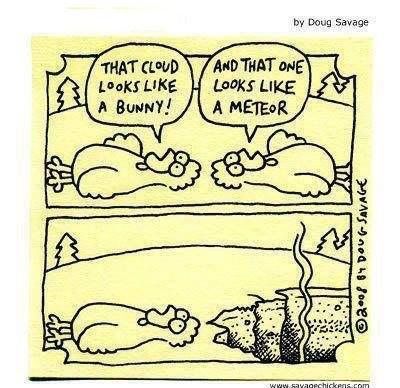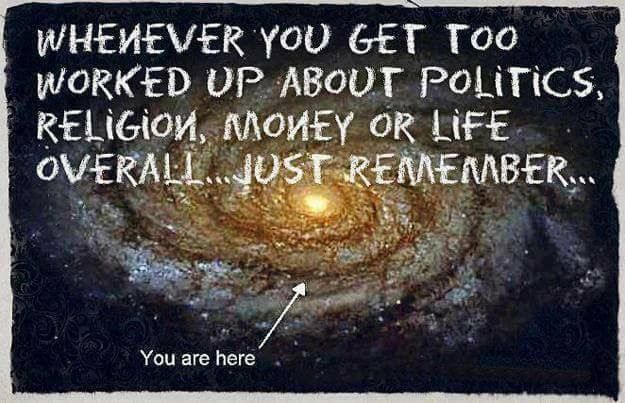God on Trial Day 3
Alan Marley • July 23, 2025
God on Trial: Can We Test the God Hypothesis?

Can We Test the God Hypothesis?
- If God exists, can we prove it?
- More importantly—can we even test it?
- In science, hypothesis testing is the gold standard for validating claims. You start with a testable idea, gather data, and determine whether the evidence supports or rejects the hypothesis. It’s how we’ve split atoms, mapped the human genome, and landed robots on Mars.
- So, what happens when we apply this method to the biggest claim of all?
- “God exists.”
Let’s break this down.
Step 1: Formulating the Hypothesis
A proper hypothesis must be:
- Testable
- Falsifiable (meaning: it can be proven false if it’s wrong)
- Based on observable consequences
So let’s take a simplified claim many theists would agree with:
H₀ (null hypothesis): God does not exist.
H₁ (alternative hypothesis): A personal, all-powerful, all-knowing God exists and interacts with the world.
At this point, any serious investigator would ask:
What observable data would confirm H₁—and what would disconfirm it?
Step 2: Defining Testable Predictions
If God exists and interacts with the world, we should expect to see:
- Answered prayers at rates significantly above chance.
- Miracles that defy natural explanation and are reliably observable or verifiable.
- Moral knowledge or ethical principles that only religious people possess.
- Consistent revelations across time, cultures, and texts.
- Predictive power of holy texts—specific, falsifiable prophecies coming true.
Now let’s test those.
Step 3: Analyzing the Data
- Prayer studies (like the 2006 Harvard STEP study) show that intercessory prayer has no measurable effect on healing—and in some cases, made things worse when patients knew they were being prayed for.
- Miracles are always anecdotal, culturally biased, and conveniently unrepeatable. Never something like, say, a regrown amputated limb.
- Moral knowledge is possessed by believers and nonbelievers alike. Atheists don’t score lower on empathy or altruism. In fact, some studies suggest they outperform religious groups in ethical reasoning free of authoritarian bias.
- Revelation is incoherent. God tells different things to different people. Is He the Christian Trinity? Allah? The Brahman? Pick one—and explain why billions of others are “just wrong.”
- Prophecies? The Bible’s are vague (“wars and rumors of wars”) or demonstrably wrong (“this generation shall not pass…” in Matthew 24:34).
No category meets the standard for confirmation. Zero.
Step 4: Conclusion
- When the data is examined, we fail to reject the null hypothesis:
There is no evidence that God exists. - And more critically: there is no test that could falsify the God claim, because most believers will move the goalposts whenever a test fails.
- Prayer doesn’t work? “God’s ways are mysterious.”
The Bible contradicts itself? “It’s not meant to be literal.”
The universe looks indifferent and cruel? “That’s the Fall.” - If your hypothesis adapts to every possible outcome—success, failure, silence, contradiction—it’s not a hypothesis. It’s a belief immune to scrutiny.
Faith Fails the Scientific Method
- Science can’t disprove God—but it doesn’t have to.
If you can't state what would falsify your claim, you're not playing by the rules of reason. You're playing make-believe and asking the rest of us to pretend it's real.
So to answer the question:
- So, can we construct a hypothesis test on God?
- Yes. And when we do?
God fails. Every time.











